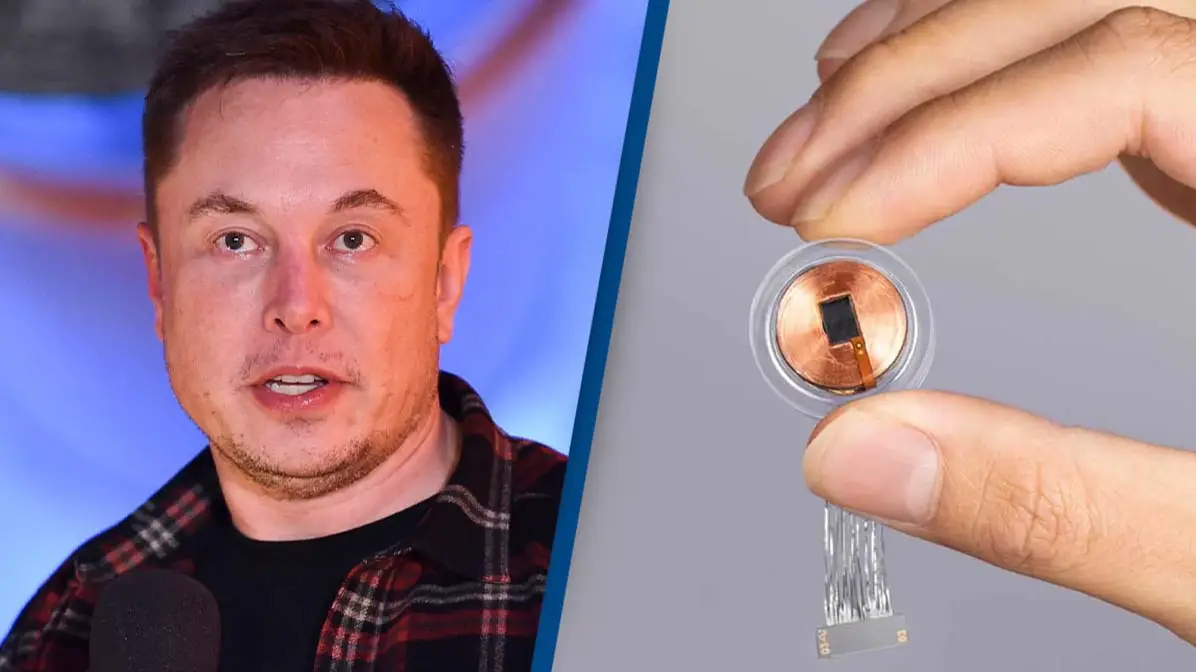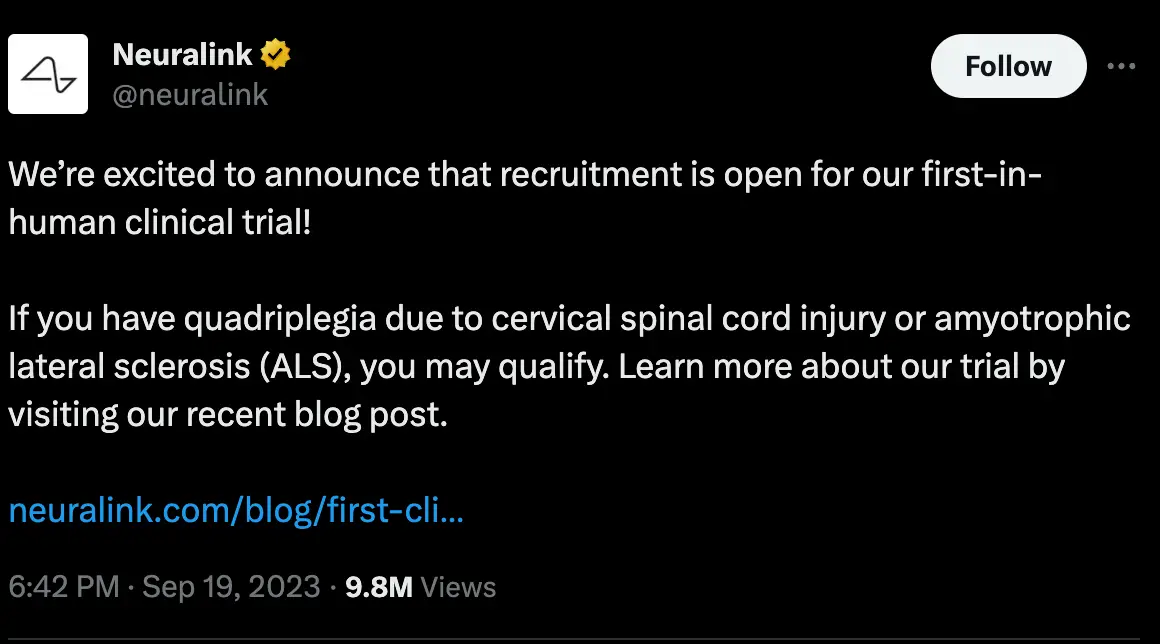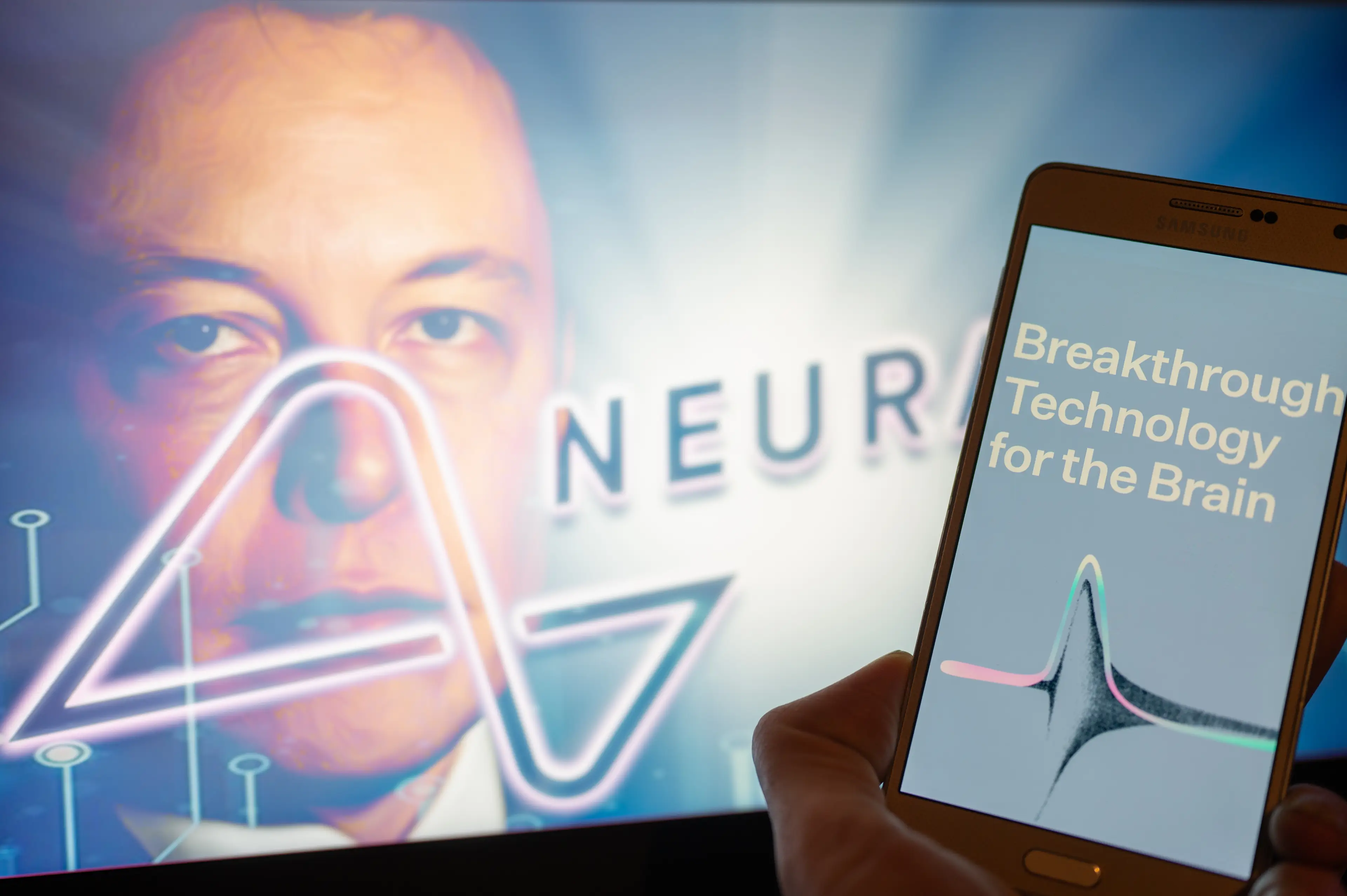
Elon Musk's neurotechnology company Neuralink is looking for volunteers for its 'first-in-human clinical trial'.
The brain chip has previously been tested on pigs and monkeys, however it's yet to be implanted into a human's brain.
Neuralink - founded by Elon Musk and a team of seven scientists and engineers - revealed it received approval for a human trial from the Food and Drug Administration (FDA) earlier this year in May.
And its since announced it's also received approval from 'the reviewing independent institutional review board and [its] first hospital site' to start recruitment.
Advert
Neuralink announced applications - for registering interest in its first clinical trial - are open in a post to X - formerly known as Twitter - yesterday (Tuesday, 19 September).
The post reads: "We’re excited to announce that recruitment is open for our first-in-human clinical trial!
"If you have quadriplegia due to cervical spinal cord injury or amyotrophic lateral sclerosis (ALS), you may qualify. Learn more about our trial by visiting our recent blog post."

Neuralink's blog post explains the 'PRIME' study - short for Precise Robotically Implanted Brain-Computer Interface - is 'a groundbreaking investigational medical device trial for our fully-implantable, wireless brain-computer interface (BCI)'.
The trial aims to 'evaluate the safety of [the] implant (N1) and surgical robot (R1) and assess the initial functionality of [the] BCI for enabling people with paralysis to control external devices with their thoughts'.
"During the study, the R1 Robot will be used to surgically place the N1 Implant’s ultra-fine and flexible threads in a region of the brain that controls movement intention," the blog continues.
"Once in place, the N1 Implant is cosmetically invisible and is intended to record and transmit brain signals wirelessly to an app that decodes movement intention.
"The initial goal of our BCI is to grant people the ability to control a computer cursor or keyboard using their thoughts alone."

The post resolves: "The PRIME Study [...] represents an important step in our mission to create a generalized brain interface to restore autonomy to those with unmet medical needs.
"If you’re interested in learning whether you may qualify for current and future Neuralink clinical trials, consider joining our Patient Registry."
You have to be 'at least 22 years old' to be in with a chance of taking part in the study and have 'a consistent and reliable caregiver'.
According to PRIME's brochure, the study is expected to take 'approximately six years to complete' - made-up of 'a combination of nine at-home and in-person clinic visits and takes place over approximately 18 months'.
Those who take part will have 'regular follow-ups' with its experts to monitor their progress and 'ensure the Neuralink BCI continues to work as intended'.
Topics: Celebrity, Elon Musk, Health, Mental Health, Technology, Artificial Intelligence, Twitter, Social Media